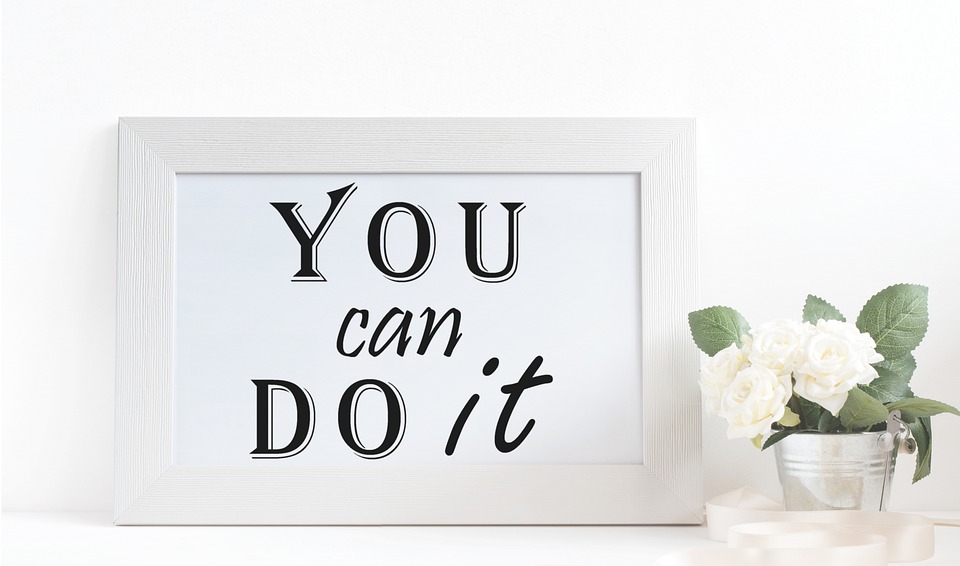In an era where information is constantly at our fingertips, the age-old adage "experience is the best teacher" faces a new challenge. This debate has been reignited as fields like artificial intelligence and online learning transform education, and access to vast resources has become commonplace. As we navigate this dilemma, we find ourselves asking: Is experience indeed still the best teacher, or are there more effective methods to acquire knowledge and skills?
The Case for Experience
Real-World Application
Proponents of the experience-over-everything approach argue that nothing compares to the insights gained through personal encounters and practical application. Experience teaches lessons that theoretical knowledge often cannot convey. When faced with challenges in the workplace, for example, individuals often learn far more about problem-solving and critical thinking than they would in a classroom setting.
Emotional Intelligence Development
Experience can significantly enhance emotional intelligence—an essential skill in today’s professional environment. When one navigates relationships, conflict, and collaboration firsthand, they gather nuanced understanding that helps in interpersonal dynamics. Learning through experience offers the opportunity to reflect on emotions, behaviors, and reactions, leading to personal growth and better leadership qualities.
Unpredictable Learning
The unpredictability of real-world experiences fosters resilience and adaptability. Individuals who have trekked through the challenges of their professions or personal lives learn to pivot and innovate in ways that textbooks might not cover. This capacity to adapt is more crucial than ever in a rapidly changing world where traditional paradigms are constantly being upended.
The Case for Alternative Learning Methods
The Explosion of Knowledge
In contrast, those who question the supremacy of experience note the vast amounts of knowledge readily available today. Online courses, virtual reality simulations, and educational platforms such as Coursera, Khan Academy, and edX provide information and insights that can significantly shorten the learning curve. These resources not only offer subject-specific knowledge but also bring in expertise from around the globe.
Theory as Foundation
Many argue that theoretical understanding is foundational for meaningful experience. Before entering the fray, learners often require a conceptual framework to make sense of what they encounter. In fields like medicine, law, and engineering, having a solid theoretical background is crucial. Experience without foundational knowledge can lead to misunderstandings or, worse, dangerous mistakes.
Learning from Others’ Experiences
Another important aspect of this debate is the ability to learn from others’ experiences without having to undergo the same trials ourselves. Case studies, mentorship programs, and observational learning allow individuals to gain insights from the successes and failures of others. This can potentially save time and resources by helping learners avoid common pitfalls.
Finding a Balance
The truth lies in a balanced approach. While experience can be invaluable, integrating theoretical learning and insights gained from others tends to yield the best outcomes.
Hybrid Learning Models
Hybrid learning, which combines online education, in-person training, and experiential learning, has gained traction across various fields. This model allows learners to gain theoretical knowledge before putting it into practice, creating a more comprehensive understanding of the subject matter.
Reflection and Adaptation
It is not merely about experiencing things but also about reflecting on those experiences. Emotional and critical reflection can turn experiential learning into deep personal growth, making it more impactful. Journaling, group discussions, and feedback sessions can elevate the lessons derived from experience, making them more applicable and durable.
Conclusion
The debate on whether "experience is the best teacher" highlights the evolving landscape of education and personal development. Experience unquestionably offers irreplaceable lessons that contribute to emotional intelligence, resilience, and practical skills. However, accessing theoretical frameworks and learning from others’ journeys enriches the educational experience, creating a harmonious blend of knowledge and practice.
As we advance into an increasingly interconnected and technologically-driven world, the best approach may not be to pit experience against theoretical learning, but to embrace a synergistic model that highlights the strengths of both. After all, in the quest for knowledge, it is often the amalgamation of experience and insight that leads to true wisdom.


